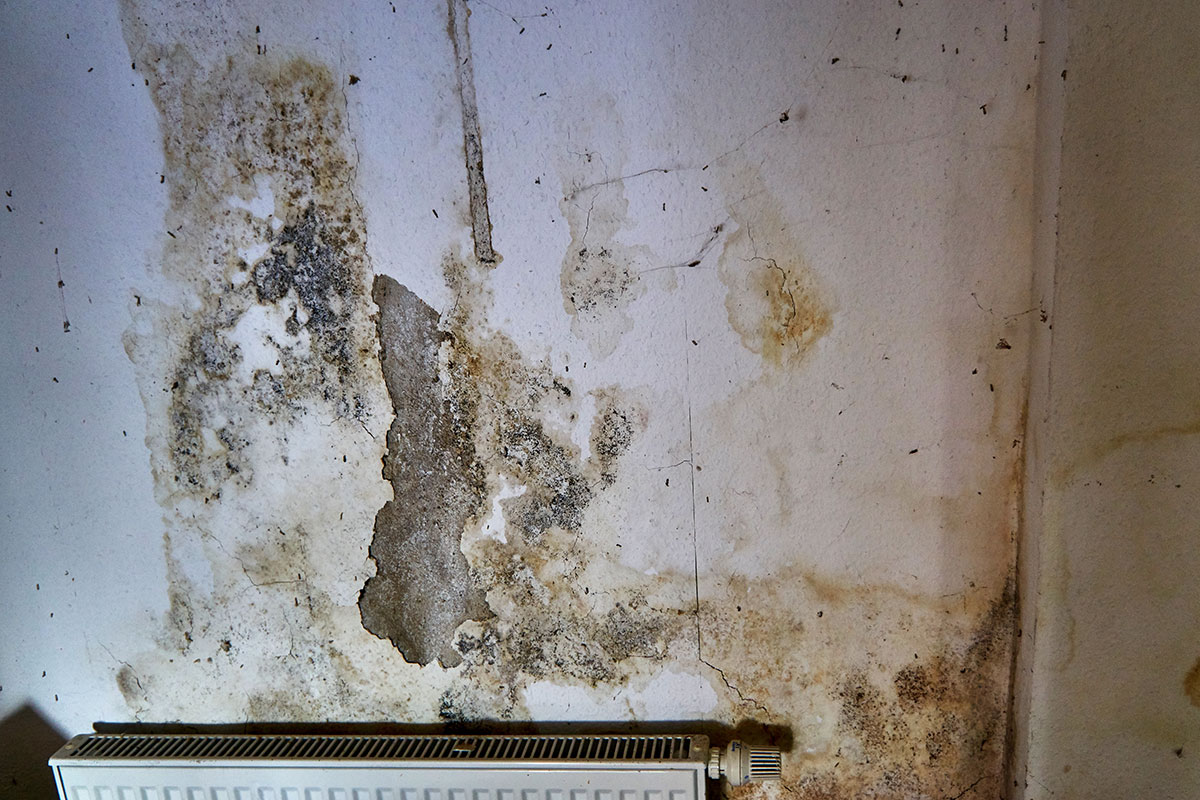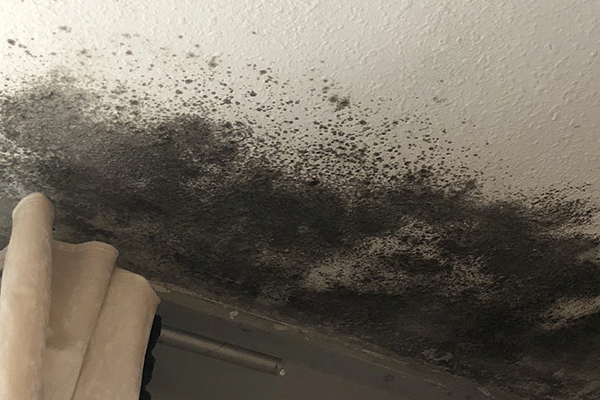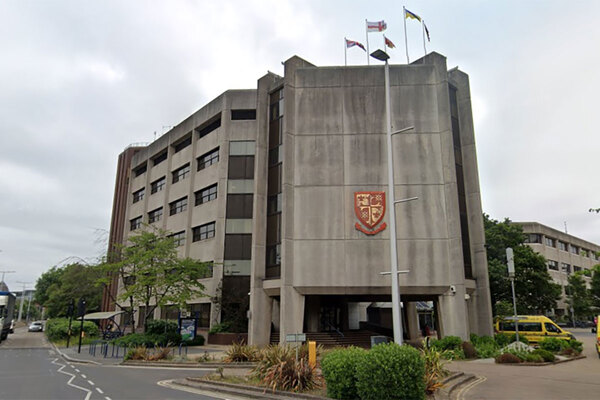Council makes disrepair action plan after claims increase by 600%
The number of disrepair claims against Lambeth Council is six times higher than it was four years ago, prompting the local authority to create an action plan to deal with the surge in cases.
The local authority has now decided to take more “proactive action” to stem the escalating claims, which is costing it more than £3m a year.
It partly blames payment protection insurance (PPI) style claim management companies for the influx of new actions.
As of 30 September 2021, Lambeth Council had 789 live disrepair cases, which is six times higher than the number recorded in 2017. The majority of cases – 45% – relate to damp and mould issues.
The council said claim management companies, which previously focused on PPI claims, have turned to housing disrepair to make up for loss of revenue throughout the COVID-19 pandemic.
It said up to 80% of the compensation money awarded can “end up with the legal firms rather than going to the residents through conditional fee agreements”, with residents reporting they “had no idea” that would be the case when contracting the companies.
Lawyers have told Inside Housing previously that landlords are facing a major uptick in claims made through the Homes (Fitness for Human Habitation) Act 2018, which came into force in 2019.
The rules around what constitutes a property that is fit for habitation under the new law is far stricter than requirements set out in the previous legislation, the Landlord and Tenant Act 1985, making it easier for renters to take legal action for a wider range of disrepair issues.
This has led to an increasing number of companies supporting tenants claims, with councils often agreeing to settle out of court rather than going through an expensive court case.
According to a report due to go before Lambeth Council’s housing scrutiny sub-committee on 16 November, the average disrepair claim settlement was £6,500 in 2019/20, with a total annual spend of £2,716,198 on legal costs and compensation.
This increased to £3,179,652 in 2020/21, while costs between April and September this year amounted to £1.7m. The increase in disrepair cases and associated costs prompted a broad review of housing disrepair by the council. The review was undertaken by a ‘disrepair project group’, which identified 16 actions (see box below) to tackle the issue.
They included creating a new alternative dispute resolution (ADR) process that would see the council contract two barristers for the north and south of the borough to hear and award cases.
The council aims to launch a £120,000 pilot of the arbitration scheme, which will review 120 cases, by the end of the financial year.
It estimated the new process will cost about £3,000 per case, compared with the current average of £6,500 per case.
Other actions include developing a planned maintenance programme that targets the prevention of disrepair, allocating additional resources to speed up the delivery or remedial works, and looking at a “more proactive approach” to selling the freehold of properties that are wholly occupied by leaseholders.
“At present, the council has a continuing liability for disrepair in these situations,” the report said.
Lambeth Council’s disrepair action plan
- Map out the disrepair process – review and map out the disrepair process and pre-action protocol to identify critical events, interdependencies, opportunities and controls
- Project manager – appoint a project manager to record all stages of all disrepair cases and provide a proactive case management system
- ADR process – implement an arbitration process to provide residents with an alternative dispute resolution procedure, and review whether existing tenancy agreements can be amended to make arbitration mandatory for disputes above £5,000
- Freehold sales – undertake a marketing campaign to implement a more proactive approach to selling the freehold of a property to the leaseholders where it is wholly occupied by leaseholders. At present, the council has a continuing liability for disrepair in these situations
- Additional contracting resource – allocate additional contracting resource (including Community Works) to speed up the delivery of disrepair remedial works
- Robust contract management – embed dedicated and financially linked disrepair key performance indicators into all relevant repair contracts and undertake dedicated weekly case-specific disrepair meetings with all contractors
- Strategic data review – undertake a detailed review of disrepair and general repair data to identify trends and develop disrepair ‘hotspot’ maps
- Strategic asset partner – appoint a strategic asset partner to undertake stock condition surveys of all assets susceptible to disrepair and identify an investment strategy to reduce disrepair
- Additional technical support – realign surveying teams to provide additional technical support and accountability on disrepair matters
- Surveyor ‘buddy’ programme – develop a buddy system whereby surveyors provide ongoing support to residents experiencing damp or condensation issues
- Specialist disrepair training – all technical staff involved in the disrepair process to receive specialist training
- Preventative maintenance – develop a planned maintenance programme that targets the prevention of disrepair
- Signposting/referral procedure – develop a disrepair signposting procedure accessible to all staff and develop a referral procedure for the tncome team
- Resident awareness and early intervention – provide residents with damp and condensation awareness tutorials to prompt early reporting of disrepair that can be remedied without legal proceedings
- Repairs manual – update repairs manual to provide key information on damp and condensation and the benefits of the new arbitration process
- Disrepair forum – create a disrepair forum with other local authorities to share experiences and develop preventative solutions
Sign up for our asset management newsletter
Already have an account? Click here to manage your newsletters













